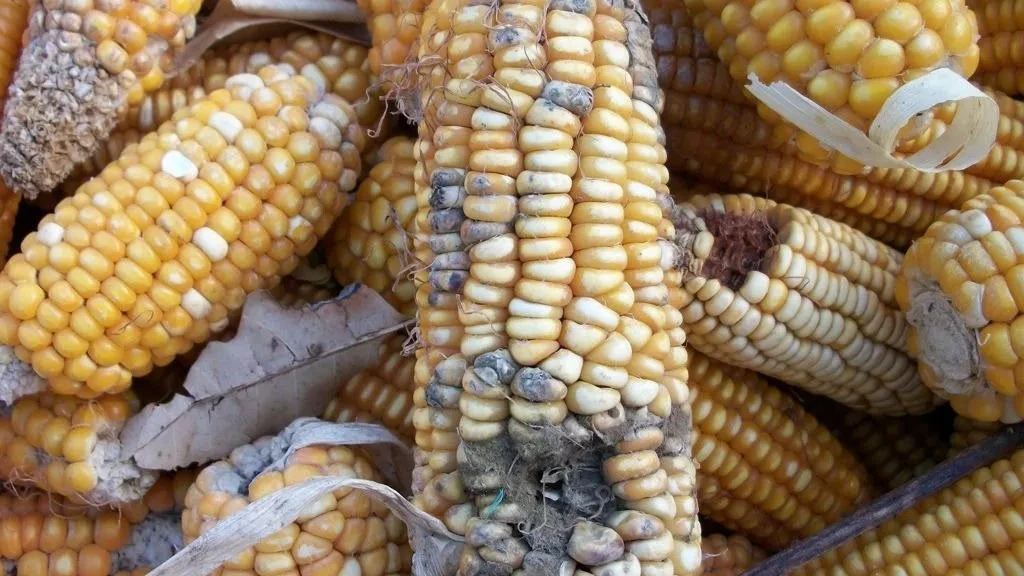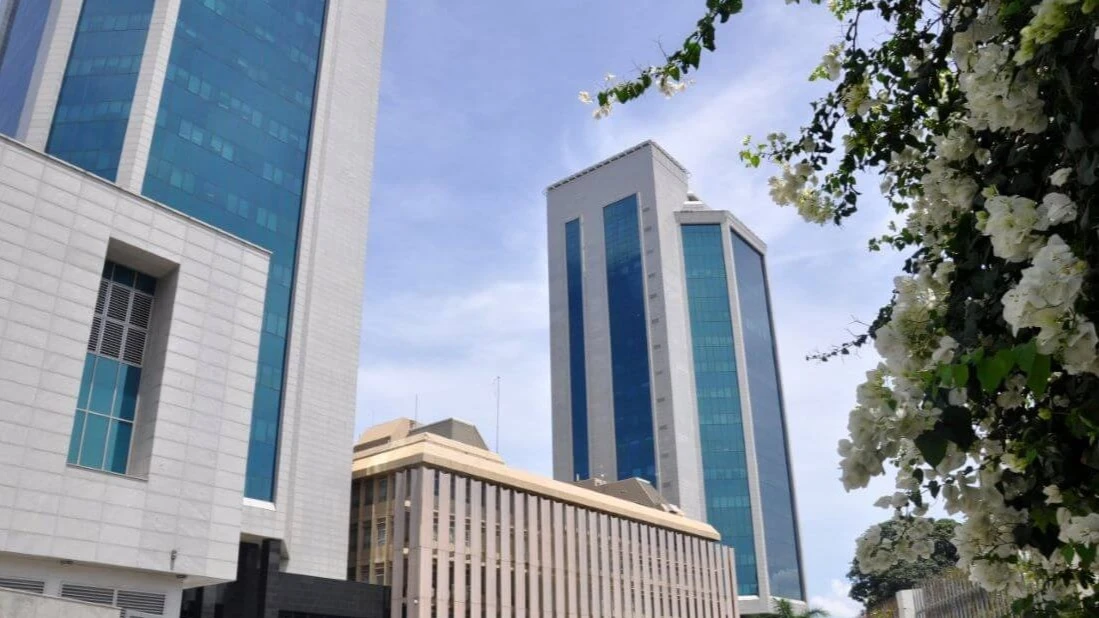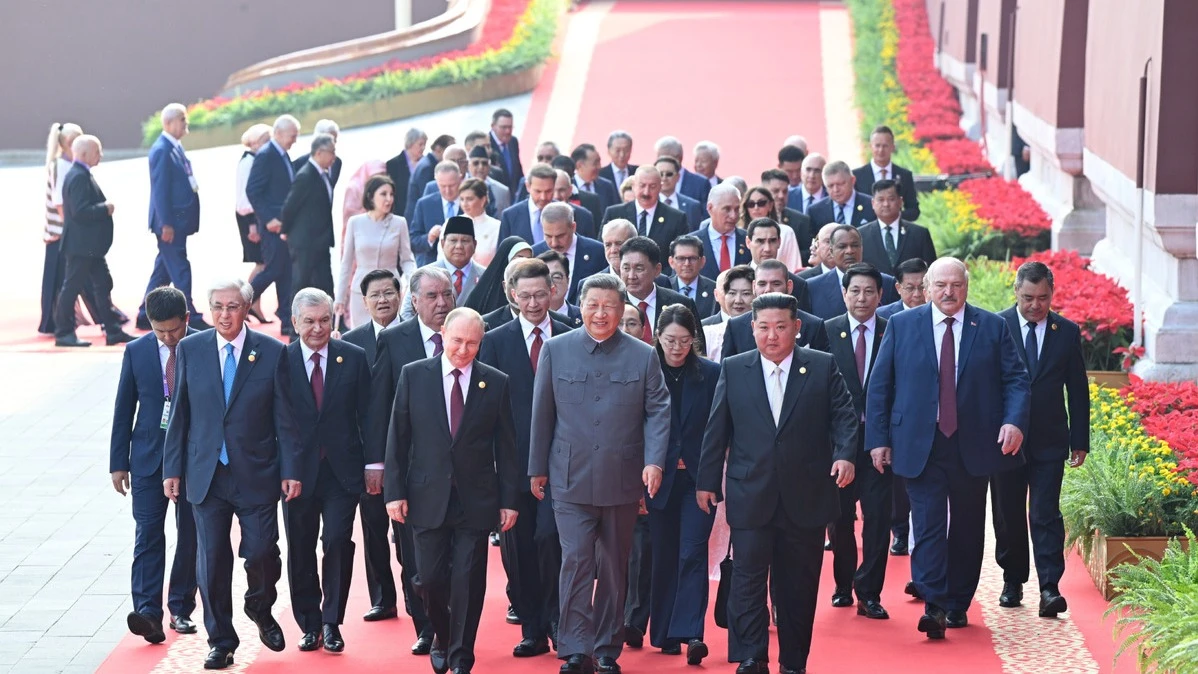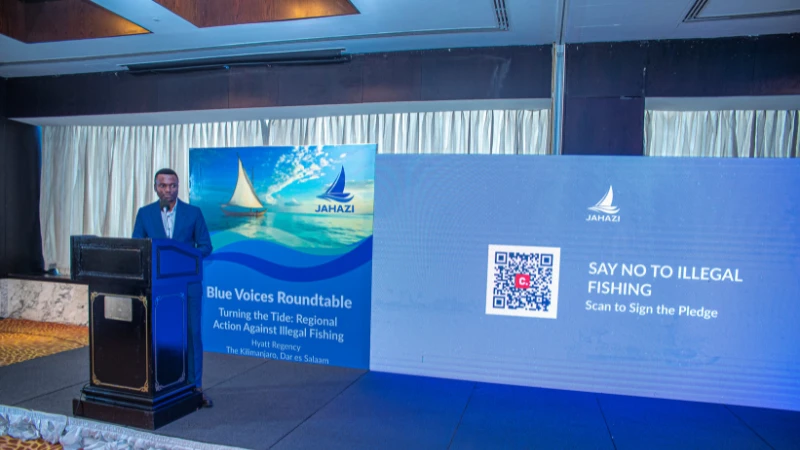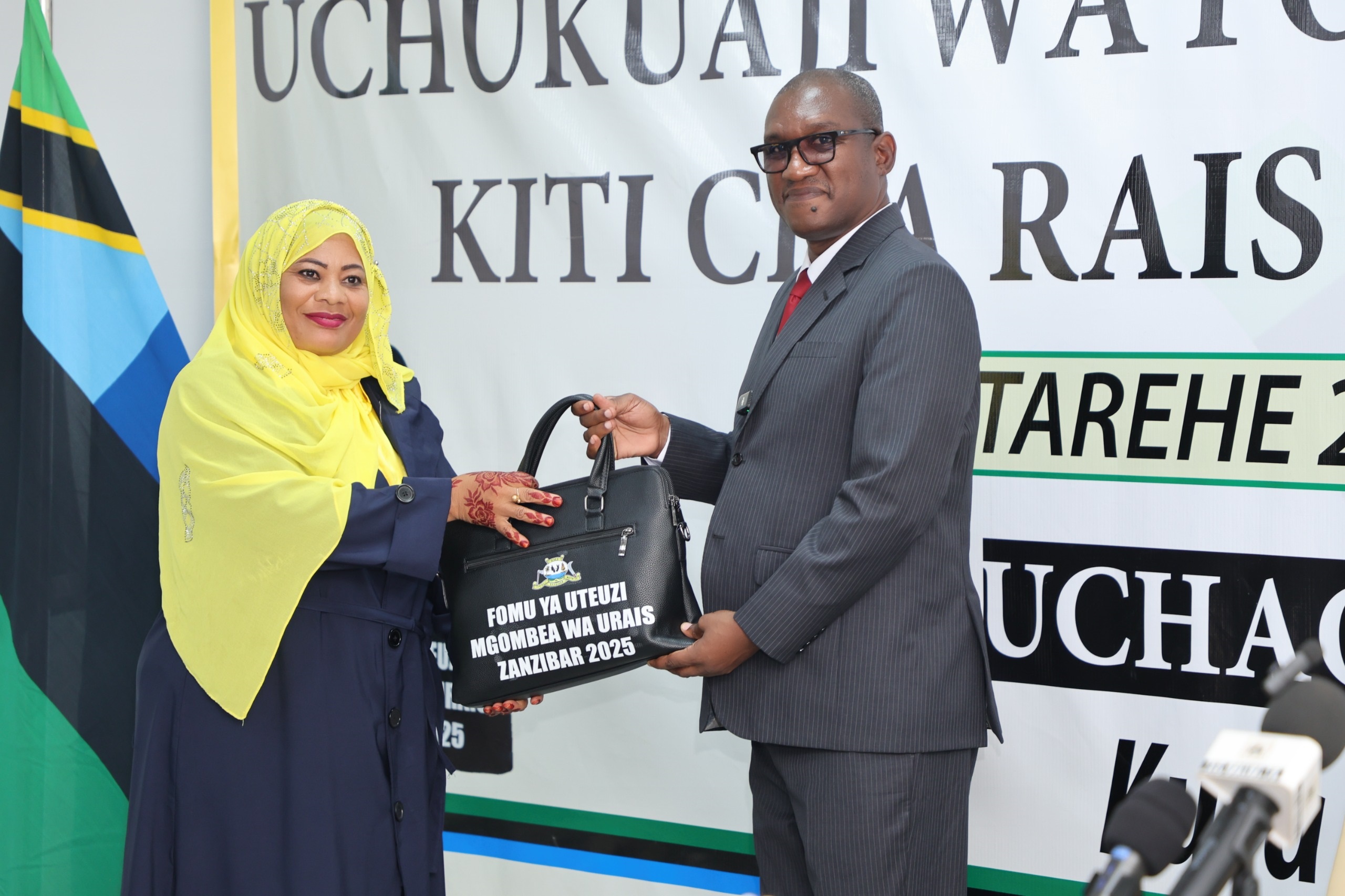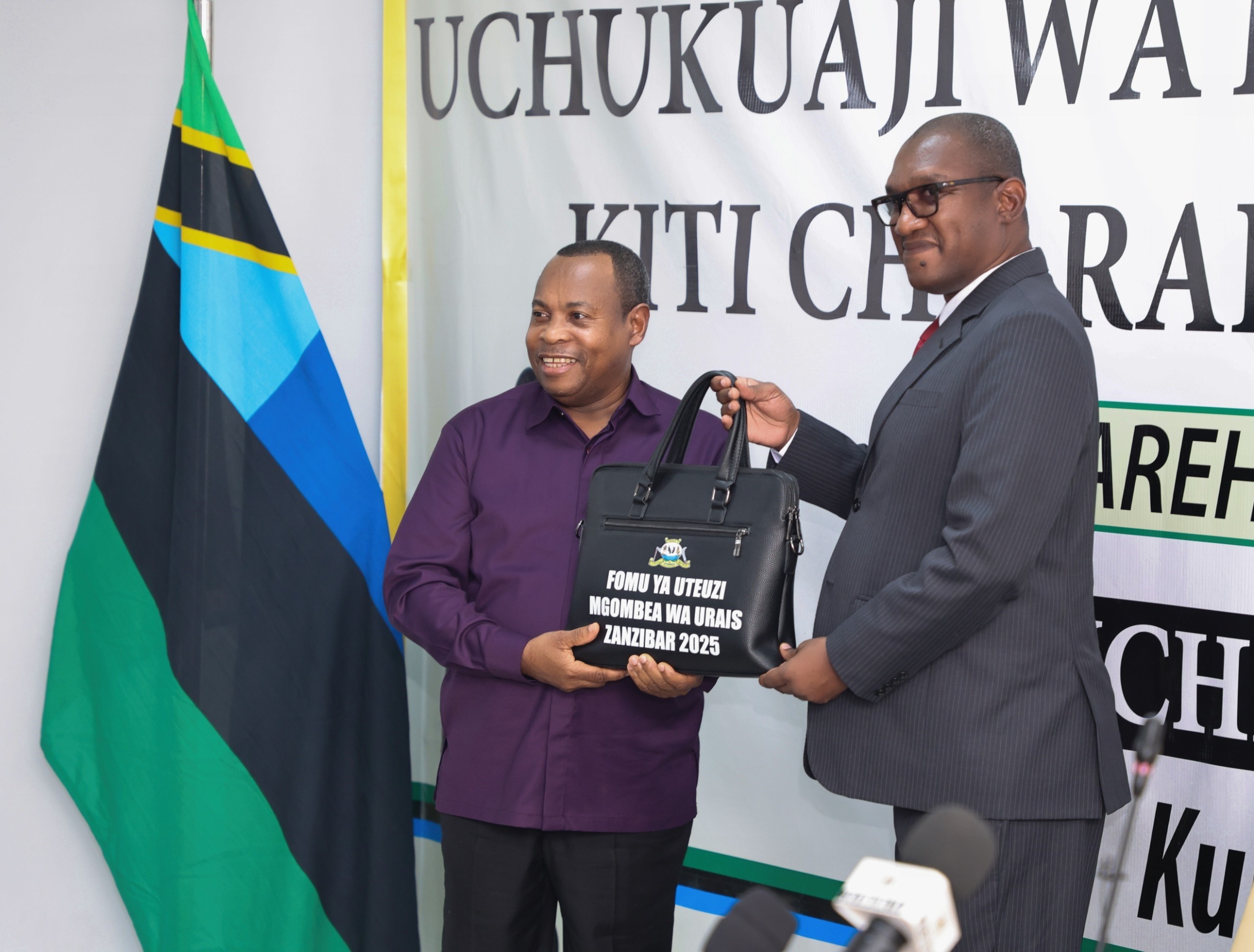Tanzania launches 29bn/- STOSAR II to strengthen agriculture food systems

TANZANIA in collaboration with regional and international partners has launched the second phase of the Support Towards the Operationalisation of the SADC Regional Agricultural Policy (STOSAR II), a €10 million (29bn/-) initiative designed to boost agriculture and strengthen food systems across Southern Africa.
The project, running from 2025 to 2028, is funded by the European Union (EU) under its Development of Smart Innovation through Research in Agriculture (DeSIRA) programme. It will be implemented by the Food and Agriculture Organization of the United Nations (FAO) in partnership with the Southern African Development Community (SADC) Secretariat and Member States.
Speaking at the launch in Dar es Salaam on Monday, Dr Edwin Mhede, deputy permanent secretary in the Ministry of Livestock and Fisheries, stressed the significance of the initiative.
“The STOSAR II initiative comes at a time when the need for robust Sanitary and Phytosanitary Systems has never been more urgent. As we strive to improve food safety, protect plant and animal health, and unlock new market opportunities for our farmers and agribusinesses, this project offers a timely and strategic response,” he said.
Dr Nyabenyi Tipo, FAO country representative underscored the organisation’s commitment, noting:
“The success of this project will be measured not just by the systems we strengthen, but by the impact we create for farmers, traders, and consumers who rely on safe and efficient agricultural systems every day.”
She said second phase builds on the achievements of the first phase (2018–2024), which laid the groundwork for agricultural transformation in the region.
In Tanzania, the first phase strengthened Sanitary and Phytosanitary (SPS) measures that enabled six exporters, sourcing from more than 2,000 avocado farmers, to access markets in South Africa and India.
It also confirmed the absence of highly pathogenic avian influenza and banana wilting disease, safeguarded meat exports to Mauritius, and improved livestock health through successful vaccination campaigns against Peste des Petits Ruminants.
The new phase seeks to advance this progress by targeting four priority areas of agricultural Information Management Systems (AIMS): Expanding reliable agricultural data platforms for evidence-based decision-making.
Strengthening plant and animal health systems to address transboundary pests and diseases, while enhancing SPS frameworks to facilitate trade.
Supporting early warning and monitoring systems to guide timely policy interventions.
Promoting women, youth, and small and medium enterprises (SMEs) in sustainable and climate-smart agricultural markets.
The initiative also reinforces the implementation of the SADC Regional Agricultural Policy (RAP), adopted in 2013, and aligns with the Comprehensive African Agricultural Development Programme (CAADP) Strategy 2026–2035, endorsed under the Kampala Declaration of January 2025.
Lamine Diallo, head of natural resources at EU Delegation Tanzania highlighted the broader vision:
“By working together, we are helping ensure that farmers, communities, and future generations can benefit from better production, better nutrition, a better environment, and a better life.”
Top Headlines
© 2025 IPPMEDIA.COM. ALL RIGHTS RESERVED










